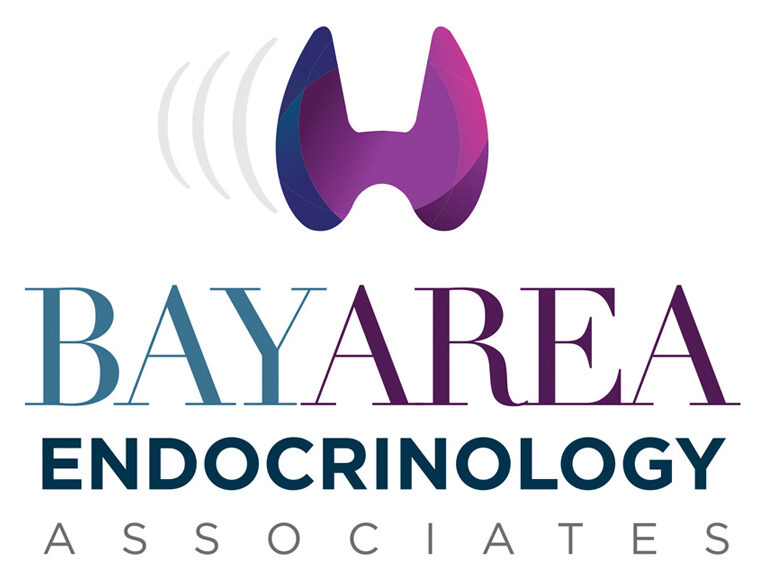When you don’t feel well, it can be hard to keep up with life’s demands. Many people deal with near constant fatigue as well as depression and mood swings without ever really knowing what is causing it. You might be surprised to know that your thyroid could potentially be causing these problems. If you’re experiencing these and other symptoms (which will be discussed later), it may be time to visit your Tampa endocrinologist in order to find out what is happening with your thyroid. Keep reading if you’re curious to learn more about thyroid levels and how they can impact your overall health.
Free T3 and Free T4 Thyroid Levels Explained
It might sound confusing at first, but the levels of certain hormones in your blood can be directly linked to the overall health of your thyroid. This in turn can have a major impact on how you feel and how your body performs on a daily basis. Free T3 measures a hormone called Triiodothyronine. It is one of the hormones most secreted by your thyroid and is responsible for much of your thyroid function. A simple blood test can measure the levels of Free T3, thus helping medical professionals determine the overall health of your thyroid. This test may be ordered if a doctor suspects that you have a condition called hyperthyroidism (an overactive thyroid). It’s also used to monitor the health of a person who is currently undergoing treatment for certain thyroid conditions. Typically, a normal level of Free T3 ranges from 0.2 to 0.5 ng/DL. By the same token, Free T4 measures another important hormone, thyroxine. Abnormal levels of Free T4 may indicate either hyperthyroidism or hypothyroidism. In short, this means that your thyroid may be either too active or not active enough. Typically, doctors will measure your Thyroid Stimulating Hormone, or TSH, with a blood test. Normal levels of TSH range from 0.5 to 5.0 mIU/L. When this hormone is not within a normal range, Free T4 is typically checked almost immediately. Anything below 0.9 ng/DL is considered abnormally low. Conversely, levels above 2.3 ng/DL are considered to be too high.
Reverse T3 Thyroid Levels
This particular aspect measures the amount of inactive T3 in your blood. If the levels are not within normal ranges, which should be anywhere from 10- 24 ng/DL or lower, a number of symptoms can persist. These symptoms include fatigue that doesn’t go away, depression with mood swings, hair loss and weight gain. It’s also common to experience chills or feel cold more often than not. Some individuals also have a slow pulse rate that is accompanied by heart palpitations and an abnormally low blood pressure.
Finding Solutions Through a Routine Medical Exam
Fortunately, a thyroid that is working too much or not enough can typically be corrected. When you visit Dr. Pedro I. Troya at Bay Area Endocrinology Associates, you know that you are in good hands. The first thing that you can count on is providing a comprehensive medical history so you can be treated properly. That is followed up with blood work in order to determine your thyroid function. Special attention is paid to Free T3, Free T4 and Reverse T3 levels. If an abnormality is found, it’s usually something as simple as taking some medication to regulate thyroid function. If something more serious is found, you know that you are working with someone who will put your needs first.
Common Thyroid Conditions
In many cases, the thyroid is simply producing too much or not enough of a particular hormone. As previously mentioned, this is something that can usually be corrected by taking medication. More serious cases may involve an underlying medical condition. For example, thyroid problems are sometimes caused by cancerous tumors. The good news is that when these tumors are caught early, the problem can typically be corrected through surgery that involves removal of the thyroid. Patients who undergo this surgery are then placed on medication to help provide normal levels of the same hormones that the thyroid is originally responsible for producing. This is done to help maintain your overall health. While many individuals are fearful of a thyroid cancer diagnosis, it is actually one of the most treatable forms of cancer and is usually something that can be dealt with quite successfully when caught early. The idea is to treat it before it has the chance to spread to other parts of the body.
Putting Your Health In the Right Hands
Obviously, you don’t want to put your health in the hands of just anyone. You need someone that you can trust. Medicine is a complex subject and even the best physicians may miss something if they don’t specialize in certain practices. That is why it is so important to see us at Bay Area Endocrinology Associates. Dr. Troya specializes in thyroid disorders. As such, you are making the decision to put your health in the hands of someone who may be able to provide more options for you, depending on your diagnosis. It’s also important to have that peace of mind that comes with knowing that you are in the hands of someone who is both skilled and extremely knowledgeable about the particular issues that you are experiencing.
If you are struggling with any of the symptoms mentioned herein, you owe it to yourself to get an exam and find out why. Thyroid issues can be complicated. Many of the symptoms associated with an overactive thyroid are also associated with one that is underactive. As such, it’s not really possible to gain a full understanding of what is happening until you do some blood work that can provide you with concrete answers to your questions. That gives you a more direct idea of what to do next in order to correct the problem so you can start feeling your best again. If you are experiencing any symptoms such as constant fatigue, chills, sudden mood swings or heart palpitations, make an appointment with us today.







